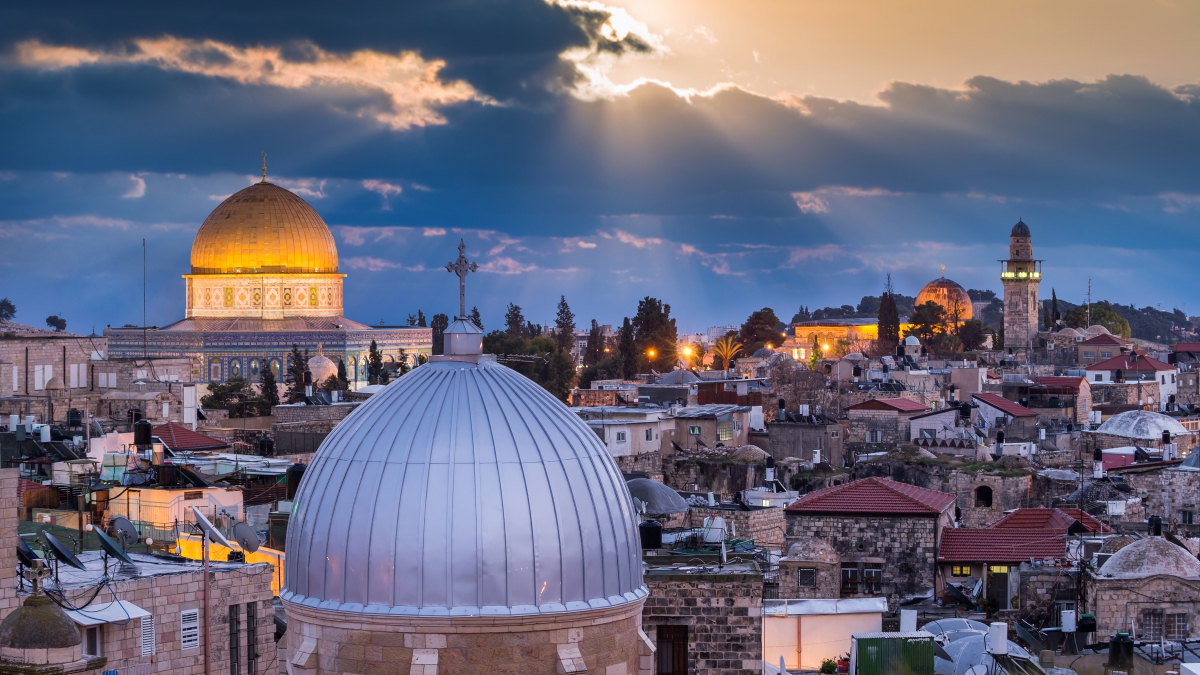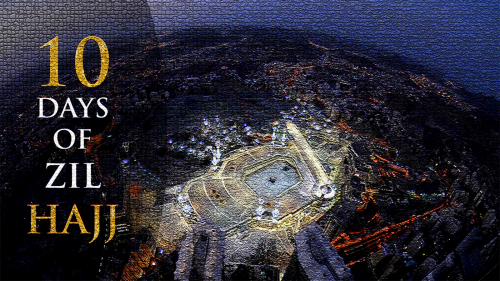Easter, Passover and Ramadan Converge in April

Lent, Passover and Ramadan converge in April. It’s a time for prayers and family gatherings for Jews, Christians and Muslims. In their own ways, the three Abrahamic faiths seek to remind us of our responsibility for each other and for the world.
What brought these religious observances together? And, what is the significance of it?
The answer to the first question is in the lunar cycle that plays an important role in aligning the calendars. The dates change due to the monthly phases of the moon. Therefore, the convergence of these holidays around the same time doesn’t happen every year.
Ramadan is the ninth month on the Islamic lunar calendar, which is roughly 11 days shorter than the solar year. The first of the month of Ramadan was April 2 — it lines up this close to the Jewish and Christian holidays every three decades.
At the time of Jesus and the Biblical prophets, people followed a lunar calendar, not a solar calendar. Lent, for the Christians, marks the 40 days leading up to Easter. Easter usually occurs on the first Sunday after the first full moon of spring, the paschal full moon. Passover is always on the 15th of the Jewish month of Nissan, which is also a full moon in the spring. These holidays often end up close on the calendar.
The answer to why this unusually holy month is significant would be to recognize that there’s more in common between the religious practices than we know. We live in religiously diverse communities — another sign of an inclusive America.
How can the spirit of this holy season manifest in a period of peaceful neighborhoods and beyond to a global spring of peace? We face much strife and divisions in America and around the world. How can we transfer the moral lessons of moderation, repentance, and self-denial from fasting into actions that lessen conflict?
Fasting is a pillar of faith that naturally brings humility and peace in human behaviors. It leaves less energy to foster violence and aggression — a much needed grace in increasingly violent tendencies among many. Refraining from food for a period also identifies those who are blessed with refrigerators full of food from those who lack basic sustenance.
Many Christians will see the suffering of Jesus a reminder to be more concerned for the suffering of people in today’s world. Jesus fed the hungry. Muslims observe an entire month of fasting to seek God consciousness, together with another pillar of their faith that ordains giving zakat or alms — to instill an act that naturally helps identify with the hungry and the poor.
At Passover, Jews recite, “Let all who are hungry come and eat,” to welcome strangers to their Seder and provide food for anybody in need.
For the millions across America and around the world, starvation and malnutrition are a daily reality. This month presents an opportunity for the faith communities to come together to help and support food banks. The knowledge that our faiths have a common religious value would be an impetus. Such interfaith alliances also remove religious barriers and fosters cooperation.
Today more clergy are committed to inter-religious cooperation with a better understanding of changing demographics. Many of today’s American families have mixed religions.
A Pew Research study highlights: “One in five U.S. adults were raised in Interfaith Homes.” The same research shows there’s little discord in multi-faith families and millennials are more likely to have been raised in households with mixed religious identities. This trend will only continue with the changing landscape of America.
The recognition of this holy month as such makes America stand out among the nations of the world — more than an economic and military power. It is the idea of our Founding Fathers: “One Nation Under God."
Victor Begg, Hutchinson Island, is the author of the 2019 book, “Our Muslim Neighbors—Achieving the American Dream; An Immigrant’s Memoir.”
(Source: TC Palm, USA Today Network)
Topics: Easter, Interfaith, Passover, Ramadan
Views: 1416
Related Suggestions

















